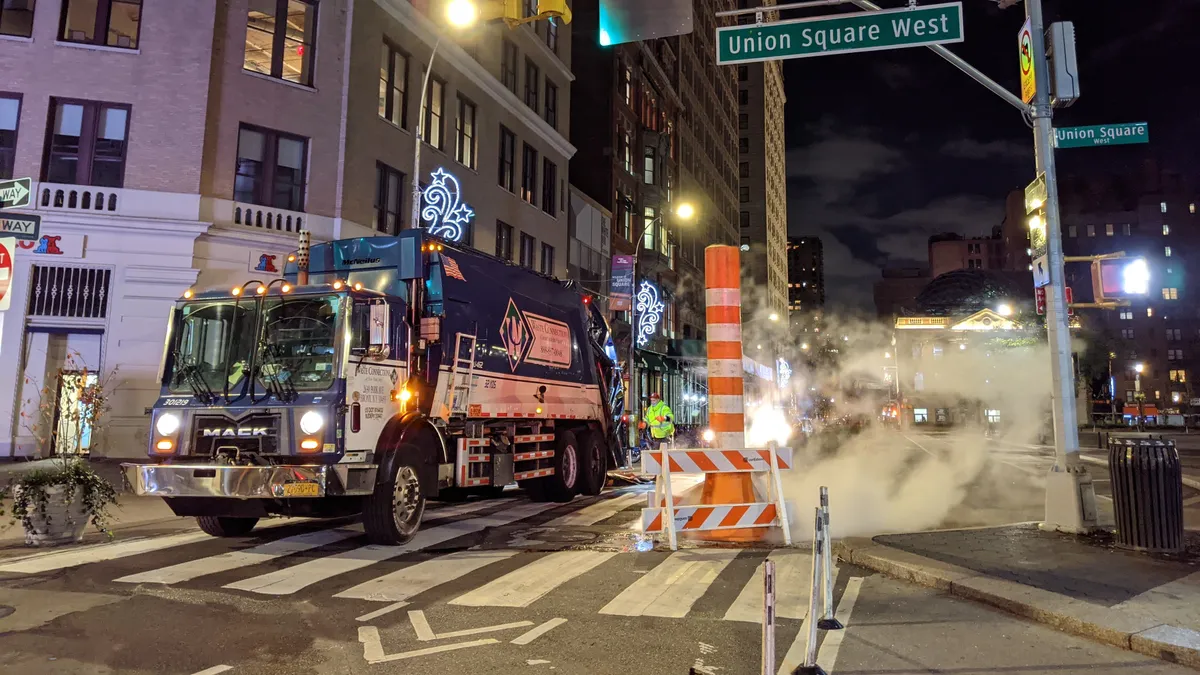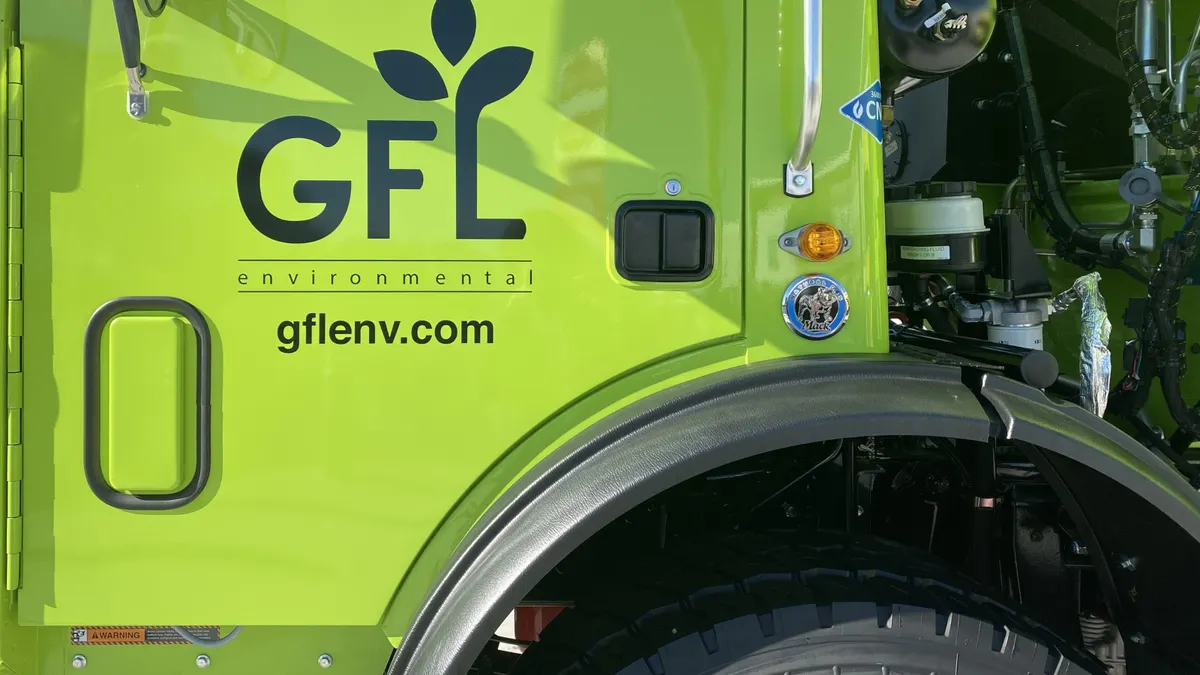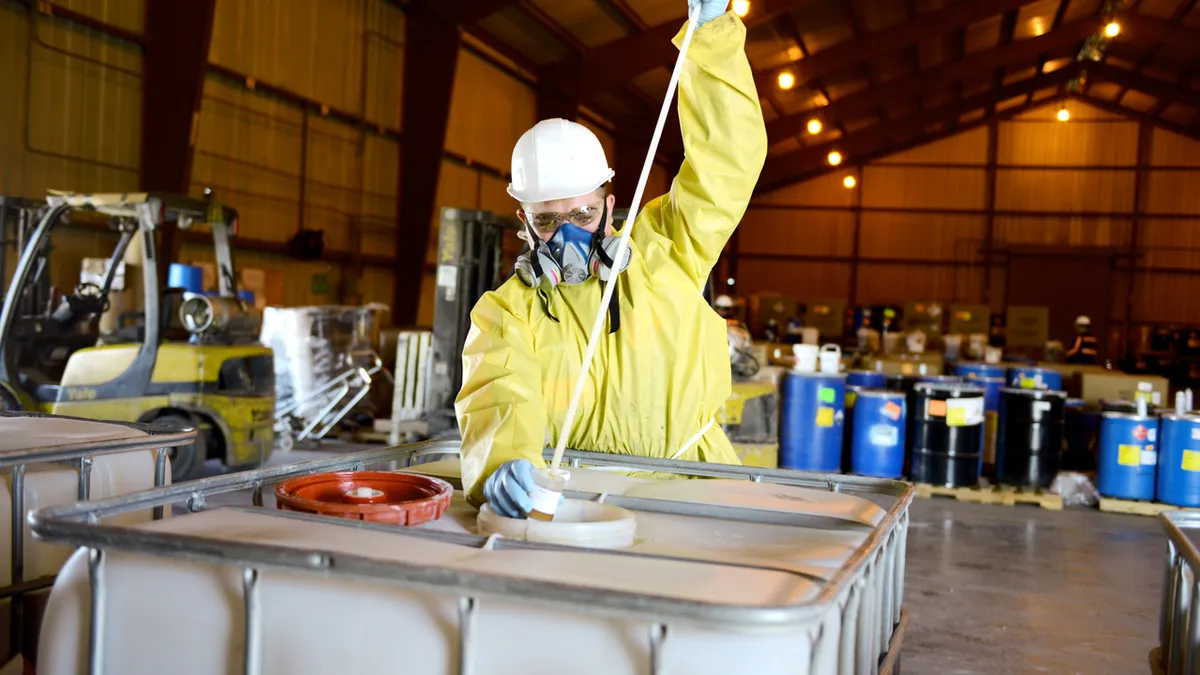A long-awaited thaw in acquisition activity is playing out in the New York City commercial waste market as haulers jockey to compete during the early days of a new zone system rollout.
Earlier this year, the city’s Department of Sanitation awarded 60 contracts for haulers to operate in 20 non-exclusive zones, plus five to provide citywide containerized service. All deals have a 10-year term, with the option for extensions. The requirements involved with these contracts are viewed by proponents as a way to help reform the current open market system.
Last month, haulers in the Queens Central pilot zone began reaching out to customers ahead of an official January transition. DSNY has yet to announce implementation timing for the remaining zones.
In the meantime, the agency is faced with a decision about how to manage competition in two zones that were affected by Waste Connections’ recent acquisition of Royal Waste Services. More deals involving Interstate Waste Services’ local subsidiary have also closed in recent months.
Royal’s ripples
Prior to that deal, Waste Connections was awarded 12 zones, plus a citywide contract, and Royal received five. The two companies overlapped in one zone, Queens West, meaning Waste Connections would have 16 total following the acquisition. The 2019 law behind this program envisioned that no company could operate in more than 15 zones to start, but that issue had yet to be tested.
Sources indicate that Waste Connections opted to withdraw from one zone, Brooklyn Southwest, to honor the 15-zone threshold. That means two zones, Queens West and Brooklyn Southwest, are now down to two haulers each and new contracts potentially could be awarded.
DSNY declined to comment on its plans for these zones.
Council Member Shaun Abreu, who is chair of the sanitation committee, introduced a bill in June that he hoped would address this scenario by updating language in the current law about DSNY awarding contracts to “no more than” three awardees per zone.
“Where a subsequent acquisition of an awardee by another awardee, or a subsequent merger or other combination of awardees results in any awardee providing services in more than 15 zones, or results in fewer than 3 awardees in any individual zone, the department may authorize 1 additional independent awardee in each affected zone for a 10-year term,” read the proposed bill language.
DSNY Commissioner Jessica Tisch said during a June 3 council hearing that she thought the bill was “great” and supported its intent, but she noted the agency’s legal staff would want to see certain “minor” technical changes before endorsing it. The legislation hasn’t advanced, and Abreu’s office did not respond to a request for comment about its status.
In June, Abreu said the bill wasn’t based on any particular merger — though the Waste Connections-Royal rumors were quite active at the time — and was instead meant to be preemptive.
“[W]e know that the intent of the commercial waste zone as proposed was DSNY can't give a single carter a contract that includes over 15 zones. So if we have a merger between two companies ... that's going to lend itself to a monopoly, and we believe it'll impact pricing in a negative way. And so we're trying to get ahead of that,” he said in an interview after the hearing.
Tough decisions for non-awardees
Haulers that operate in the city’s current open market system have months, or longer, to continue doing business as usual in the 19 zones that don’t have implementation dates yet. But others are making moves in the meantime.
IWS, which operates locally as Action Environmental, confirmed it has quietly rolled up multiple local assets over the summer, in addition to other larger deals announced in New York and Connecticut. This comes after the company was awarded 14 zones and one citywide contract, the most of any hauler.
Companies that didn’t win zone contracts are faced with a decision about what do with their business, especially if they don’t have a C&D business (not covered by the zone system) or operate outside the five boroughs.
In July, Action bought routes from Bestway Carting in Brooklyn and Manhattan (but not Queens, where Action was not awarded contracts). These types of smaller transactions for certain books of business are standard practice in the local industry already, but activity has picked up lately as companies seek to densify their footprints before zones roll out.
Since then, Action acquired Brooklyn-based Joro Carting in August and Viking Sanitation in September. Both companies had 10 trucks or less, according to federal records.
Another potential avenue for companies that didn’t win zones is to become “designated carters,” or subcontractors, for zone awardees. Local labor and environmental advocates have been eyeing this process out of concern that companies they feel are less reputable could still end up participating in the system.
At the June council hearing, Tisch said DSNY hadn’t approved any designated carters yet but would be doing so soon for Queens Central. No list has been published or shared to date. DSNY declined to comment on where the process stood and has not yet fulfilled a pending public records request for the list.
Sources say multiple designated carters have already been approved, with more on the way. For example, Recycle Track Systems has been approved to use Winters Bros. Waste Systems, now a WM subsidiary, as one of its designated carters.
Other companies are still looking for a way to get involved.
Brooklyn-based Kings County Carting, a smaller hauler, has been engaging with DSNY and others to learn more about why it wasn’t selected in the two zones where it bid. President Alex Veman, who is deaf, feels he wasn’t given adequate accommodations in the bidding process. He request the agency revisit its decision and has been reaching out to elected officials.
In an Aug. 5 letter, DSNY Assistant Commissioner Frank Marshall outlined the agency’s selection criteria and said the company “was not among the highest scoring proposers in any of the zones for which you submitted a proposal.” He said the agency “remains committed to working with and providing the best service possible for people with disabilities” and encouraged Veman to consider becoming a designated carter.
Veman recently said via email that he hasn’t had any luck so far becoming a designated carter, or selling the business, and had lost an estimated 40 customers in recent weeks as the zone transition begins.
Meanwhile, certain other companies that didn’t win zones are adamant that they don’t plan to sell and are waiting to see how the transition goes.
Rumors continue to swirl about others that could exit the market, and participants are eagerly waiting to see how DSNY may respond to any other hypothetical transactions involving zone awardees.



















